Description
- Brand Name: Roarkit
- Origin: CN(Origin)
- Condition: New
- Type: Voltage Regulator
- Model Number: VL53L0X


The VL53L0 uses ST's FlightSense technology to precisely measure how long it takes for emitted pulses of infrared laser light to reach the nearest object and be reflected back to a detector, so it can be considered a tiny, self-contained lidar system. This time-of-flight (TOF) measurement enables it to accurately determine the absolute distance to a target without the object's reflectance greatly influencing the measurement. The sensor can report distances of up to 2 m (6.6 ft) with 1 mm resolution, but its effective range and accuracy (noise) depend heavily on ambient conditions and target characteristics like reflectance and size, as well as the sensor configuration. (The sensor's accuracy is specified to range from ±3% at best to over ±10% in less optimal conditions.)
Ranging measurements are available through the sensor's I2C (TWI) interface, which is also used to configure sensor settings, and the sensor provides two additional pins: a shutdown input and an interrupt output.
The VL53L0X is a great IC, but its small, leadless, LGA package makes it difficult for the typical student or hobbyist to use. It also operates at a recommended voltage of 2.8 V, which can make interfacing difficult for microcontrollers operating at 3.3 V or 5 V. Our breakout board addresses these issues, making it easier to get started using the sensor, while keeping the overall size as small as possible.
VDD Regulated 2.8 V output. Almost 150 mA is available to power external components. (If you want to bypass the internal regulator, you can instead use this pin as a 2.8 V input with VIN disconnected.)

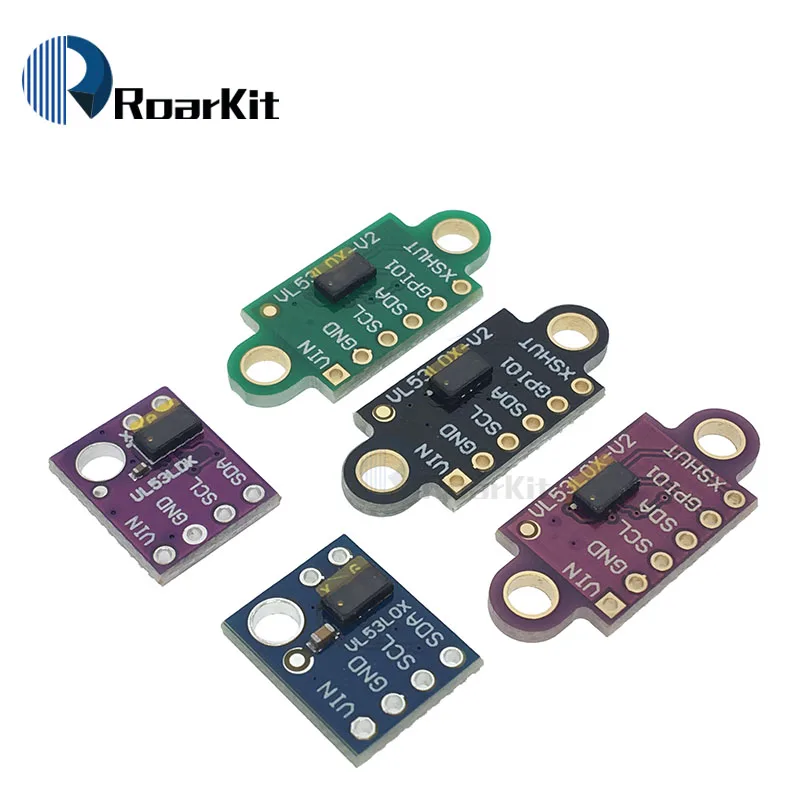
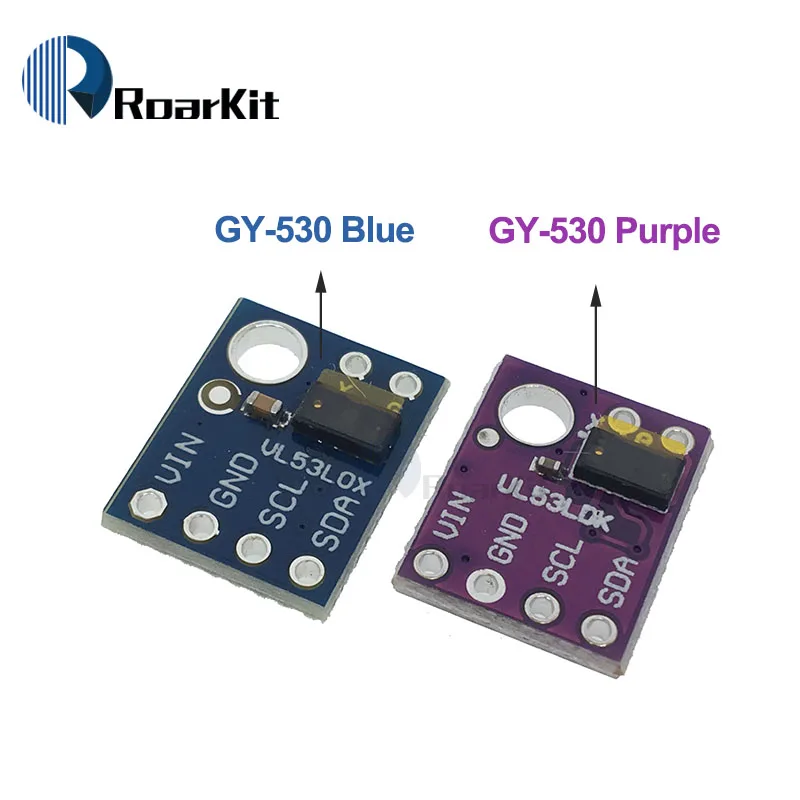

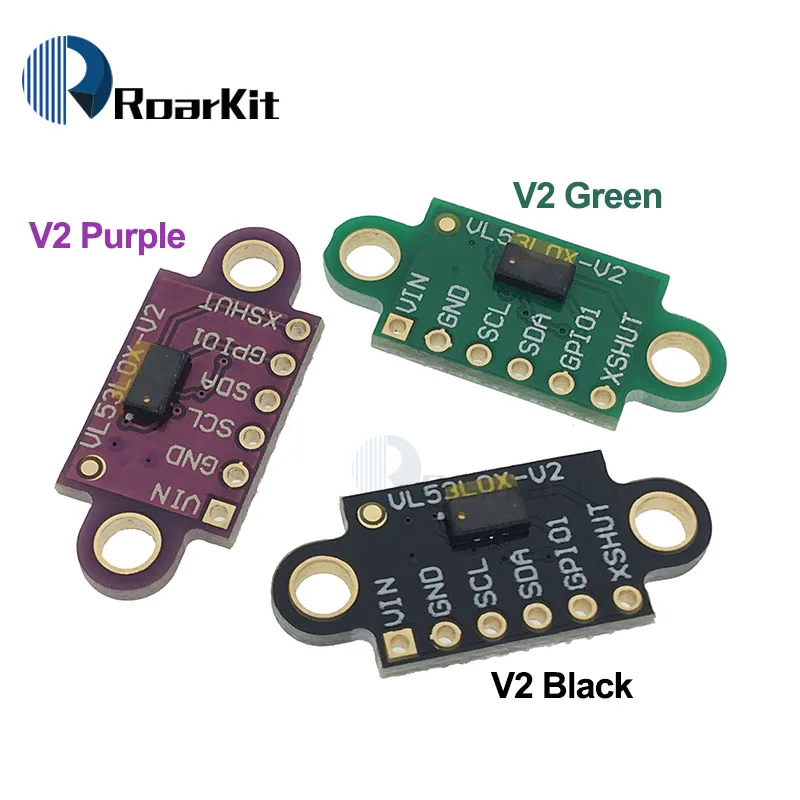
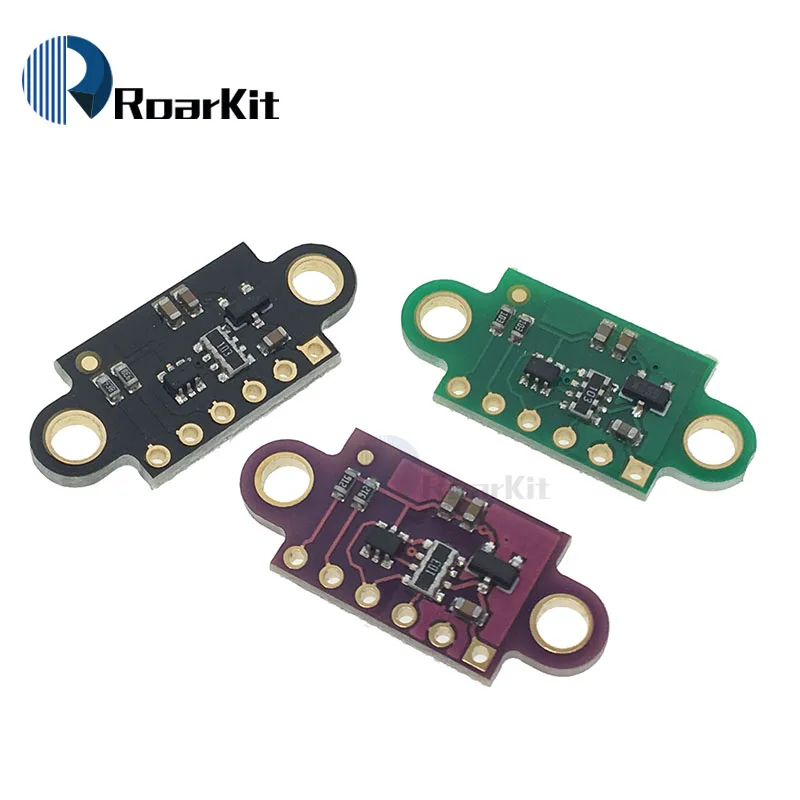





Description:
The VL53L1X is a state-of-the-art, Time-of-Flight (ToF), laser-ranging sensor, enhancing the ST FlightSense™ product family. It is the fastest miniature ToF sensor on the market with accurate ranging up to 4 m and fast ranging frequency up to 50 Hz
Unlike conventional IR sensors, the VL53L1X uses ST’s latest generation ToF technology which allows absolute distance measurement whatever the target color and reflectance.
It is also possible to program the size of the ROI on the receiving array, allowing the sensor FoV to be reduced.
Key Features
-
Fully integrated miniature module
-
Emitter: 940 nm invisible laser (Class1)
-
SPAD (single photon avalanche diode) receiving array with integrated lens
-
Low-power microcontroller running advanced digital firmware
-
-
Pin-to-pin compatible with the VL53L0X FlightSense™ ranging sensor
-
Fast and accurate long distance ranging
-
Up to 400 cm distance measurement
-
Up to 50 Hz ranging frequency
-
-
Typical full field-of-view (FoV): 27 °
-
Programmable region-of-interest (ROI) size on the receiving array, allowing the sensor FoV to be reduced
-
Programmable ROI position on the receiving array, providing multizone operation control from the host
-
Easy integration
-
Single reflowable component
-
Can be hidden behind many cover window materials
-
Software driver and code examples for turnkey ranging
-
Single power supply (2v8)
-
I⊃2;C interface (up to 400 kHz)
-
Shutdown and interrupt pin
-


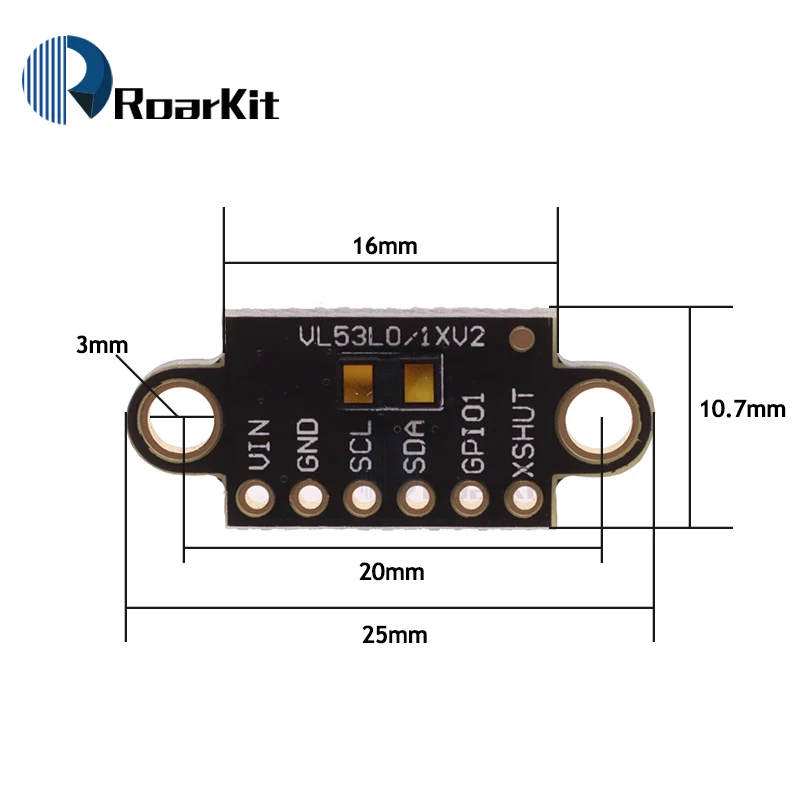
 More GY Modules Please Click This Links!!
More GY Modules Please Click This Links!!



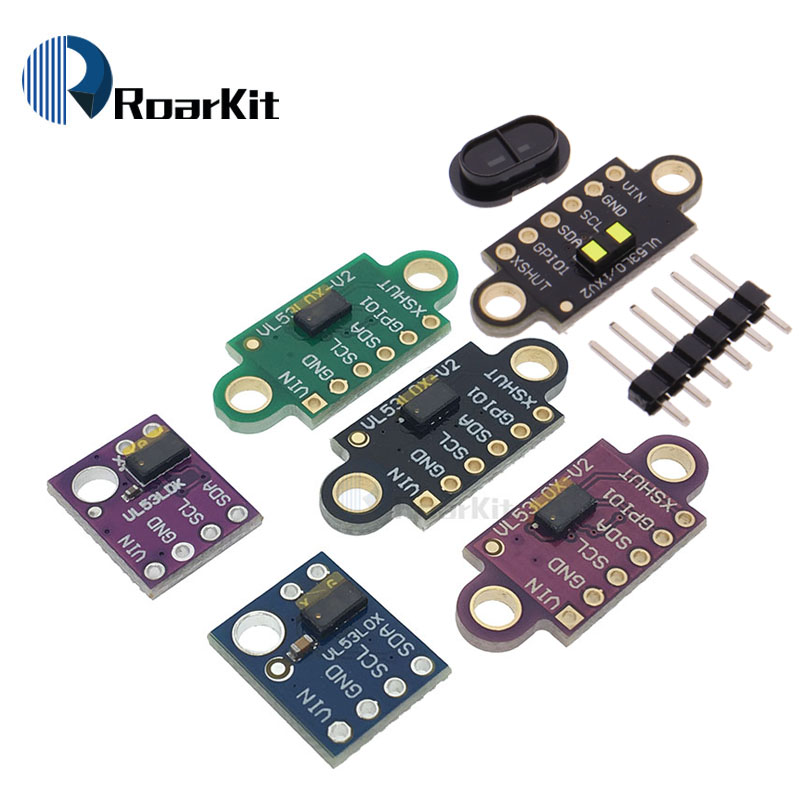

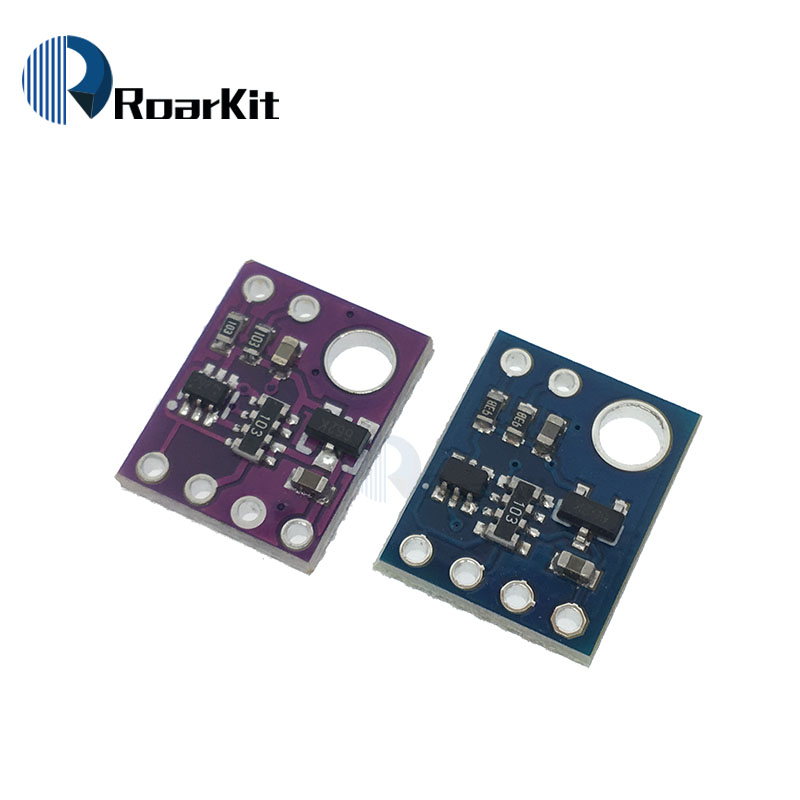
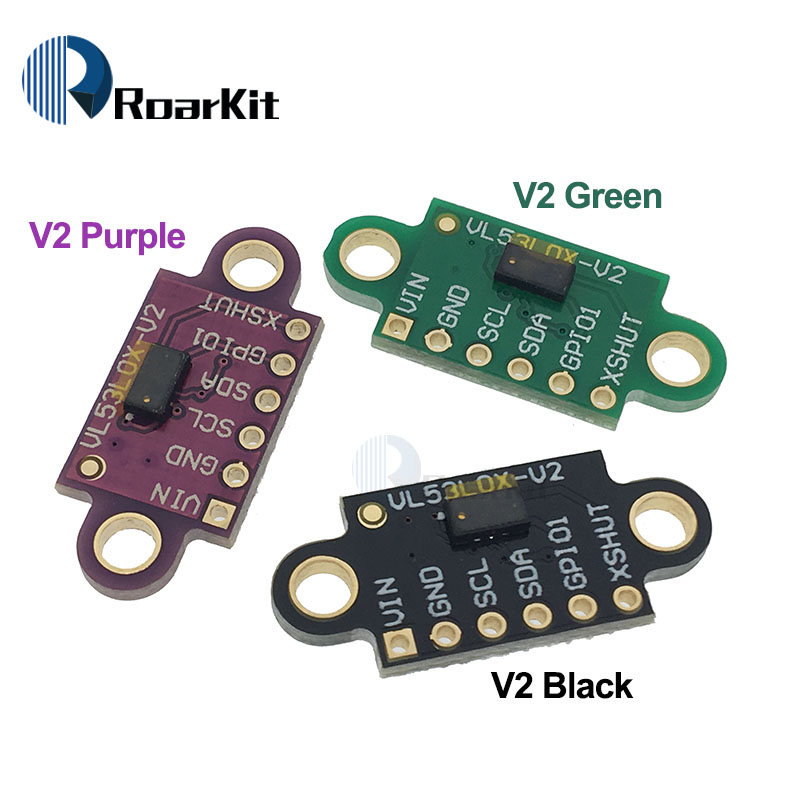
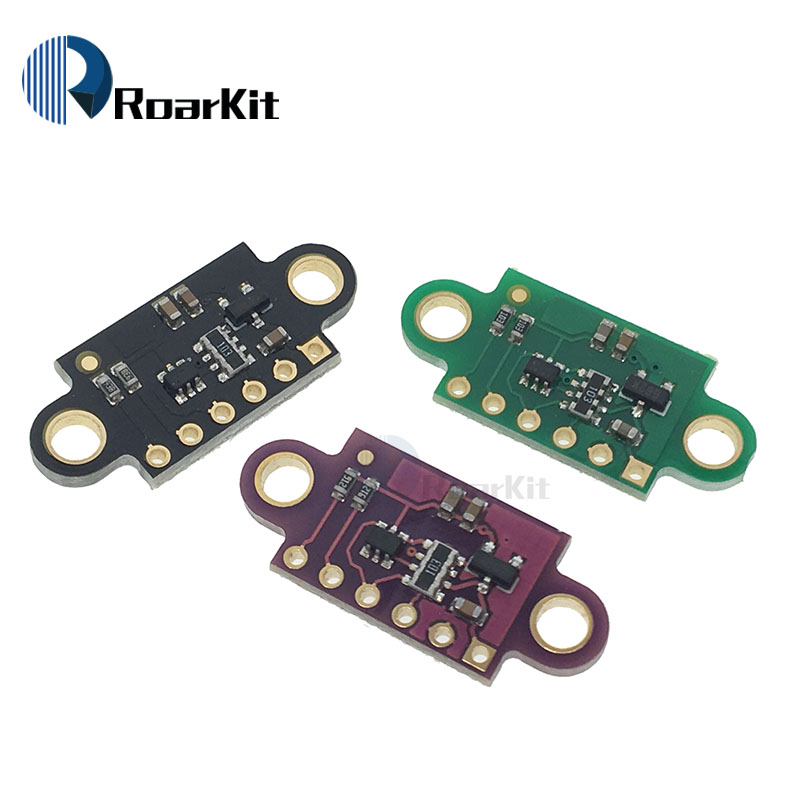

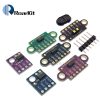
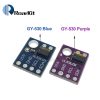
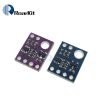
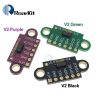
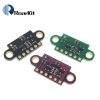
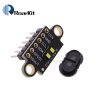
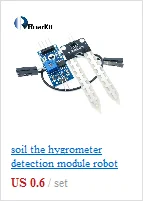

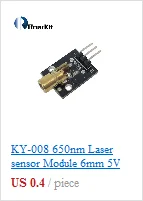



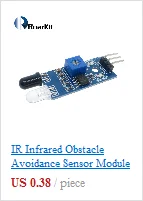
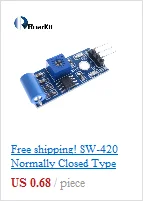



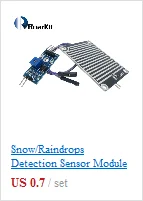
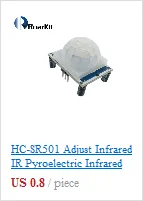

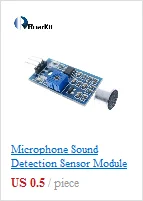

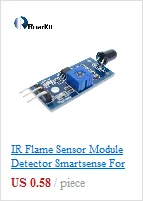
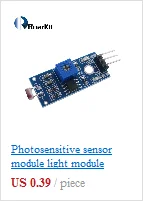
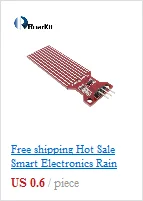
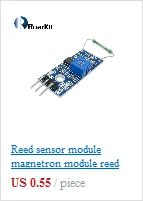




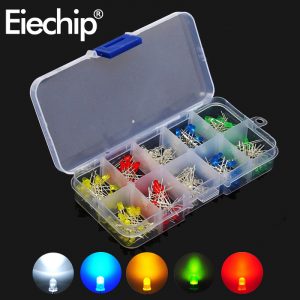
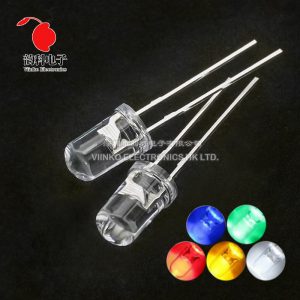
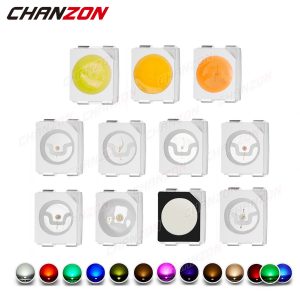
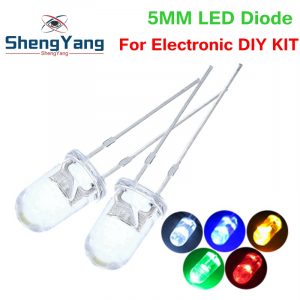



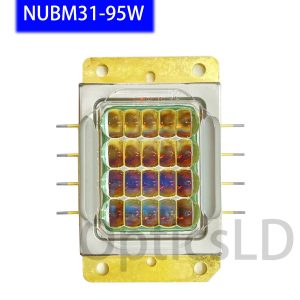
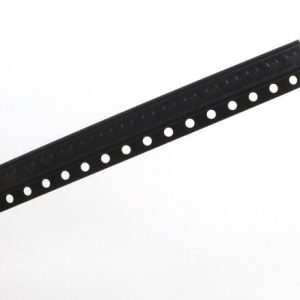
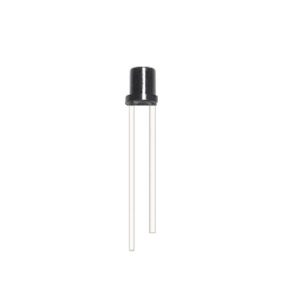
Reviews
There are no reviews yet.